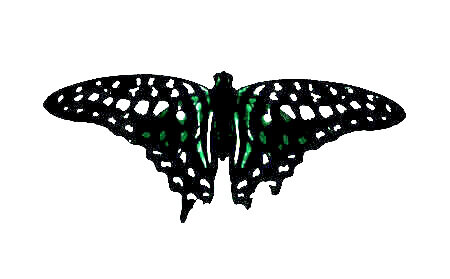The Greatest Crime: Returning to Haifa & the Legacy of Ghassan Kanafani
“…the greatest crime any human being can commit…is to believe even for one moment that the weakness and mistakes of others give him the right to exist at their expense and justify his own mistakes and crimes.”
~ Ghassan Kanafani, Returning to Haifa
Not long after the 2016 election, the New York Public Theater commissioned an adaptation of Palestinian writer Ghassan Kanafani’s novella, Returning to Haifa, to premier on the 70th anniversary of the foundation of Israel and of the 1948 Nakba, the mass expulsion of Palestinians from their homes and land to create the Jewish state. The novella—and its theatrical adaptation— is a nuanced and piercing portrayal of a Palestinian couple’s visit to the home they fled, and their encounter with the Jewish Holocaust survivor who has lived in their house and raised their son since their forced exile. Ultimately, the adaptation by Ismail Khalidi and Nicole Wallace never got its New York premier. Pressure from the theater’s board led the Public to cancel performances, and the play moved to the Finborough Theater in London in February 2018.
New York Public Theater’s adaptation was an opportunity to build on Kanafani’s art and political work, which urged dialogue, truth-telling, and democratic, deliberate action, a combination he described in 1968 as a “daily practice.” The fact that the board of a major American theater was afraid of Kanafani’s material and ideas, even in 2016, helps tell a larger story about Americans’ relationship with Israel and truth. That relationship is one of the reasons Trump is in office again and Netanyahu has been allowed to continue his ethnic cleansing campaign in Gaza for so long. Americans—white Americans, in particular—are too often afraid of the truth if the truth conflicts with our understanding of ourselves.
After the Holocaust, we declared “Never Again.” But when it comes to the state of Israel, the phrase has sometimes been used to mean “never criticize us for doing what was done to us.” For decades we’ve been taught that it’s antisemitic or self-hating for American Jewish people to have conflicting feelings about Israel. Right-wing politicians have swooped in, exploiting that conflict further, while having absolutely no care for or understanding of Judaism or Jewish people (see, Congresswoman Elise Stefanik). Netanyahu has relied on both American support and American ambivalence to manipulate the horrific events of October 7 for his own truth: a genocidal greed for power.
Telling the truth about the genocide in Gaza means telling the truth about the very foundation of the state of Israel, and the political violence that has erupted ever since. Kanafani was himself displaced from his home in Acre by the Nakba. He became an activist and a journalist, as well as a novelist, playwright, and beacon of artistic and intellectual resistance. He never found another safe, permanent home. In 1972, the Israeli government killed him and his niece in a car bomb in Beirut.
Art like Returning to Haifa makes both history and the present visible and painful, and therefore dangerous. It was easier to keep it off an important New York City stage than to face the conversations we might have had in essays, on social media, and in person after the curtain fell. It’s past time we talked.
If you’d like to make support for Gaza part of your daily practice, here are a few vetted organizations:
The Gaza Children’s Village, a new NGO founded by doctors buying formula for babies and offering vital nutrition and education to children in Gaza: https://www.thechildrensvillagegaza.org/
Clean Shelter, a small NGO providing sanitary needs and shelter: https://www.cleanshelter.org/
World Central Kitchen, feeding people in disaster all over the world, risking their lives to feed people in Gaza: https://www.worldcentralkitchen.org/
More organizations listed in this article in The Cut: https://www.thecut.com/article/how-to-help-gaza-aid-starvation-crisis.html
